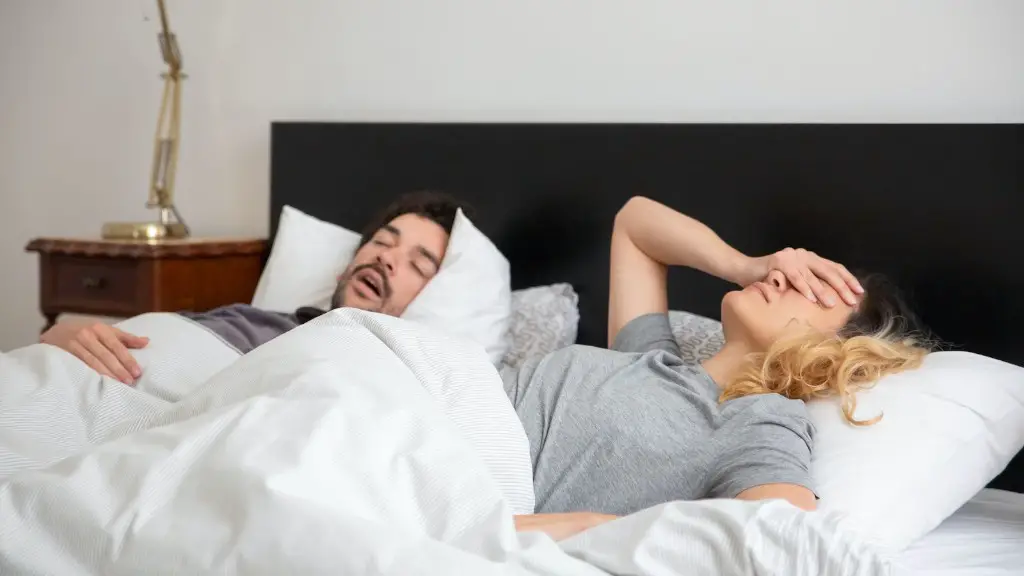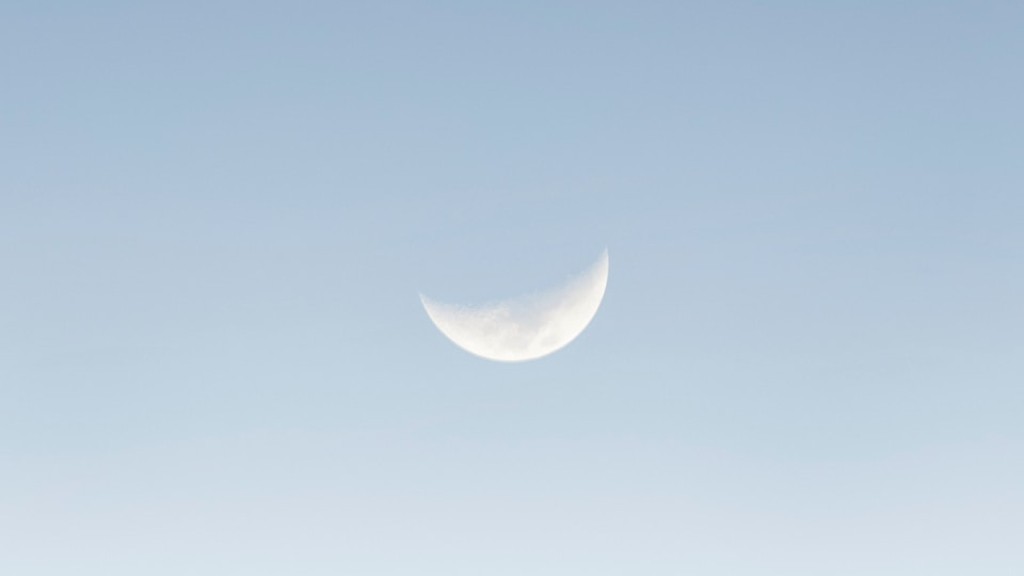After quitting drinking, there are often a few nights of particularly vivid and strange dreams. But these “crazy dreams” don’t last forever – within a few weeks, dreams should start to become more boring and realistic again.
There is no one-size-fits-all answer to this question, as the duration of “crazy dreams” after quitting drinking may vary depending on the individual. However, some people may experience such dreams for several weeks or even months after giving up alcohol.
Why are my dreams so vivid when I don’t drink alcohol?
Alcohol and alcohol cessation both have a negative impact on our brain chemistry and natural REM cycle. Alcohol decreases REM sleep, but withdrawal from alcohol can lead to prolonged REM sleep, called REM rebound. REM rebound can cause extremely vivid dreams, nightmares, and night terrors.
If you are struggling with insomnia and alcohol withdrawal, know that you are not alone. Many people experience these symptoms after quitting drinking, and for most, they will eventually go away. However, for some people, the insomnia may continue for weeks or months. If this is the case for you, it is important to seek help from a healthcare professional to manage your symptoms and get you on the road to recovery.
How long does it take for hormones to balance after quitting alcohol
The levels of testosterone and sex hormone-binding globulin (SHBG) showed the same pattern during detoxification and follow-up. They were both low, but generally within normal limits, on days 2 and 5, but raised after 3 weeks of sobriety. This suggests that there is a close relationship between the two hormones.
If you are experiencing vivid dreams, disturbing nightmares, or restlessness at bedtime during alcohol withdrawal, it is important to seek professional help. These symptoms can be extremely distressing and can interfere with your ability to get a good night’s sleep. If you are having difficulty managing your symptoms, please reach out to a qualified healthcare provider for assistance.
Why do you dream more when sober?
REM stands for rapid eye movement. NREM stands for non-rapid eye movement.
The brain adjusts to normal patterns and returns to healthy cycles and stages by shifting between REM and NREM. This is thought to be the basis of the detailed dreams people report when newly abstinent.
It may take a full month of not drinking alcohol to feel better. Although positive changes may appear earlier, 3 months of not drinking can not only improve your mood, energy, sleep, weight, skin health, immune health, and heart health. It can even reduce your risk of cancer.
What to do at night when you quit drinking?
There are plenty of things you can do to wind down at the end of a long day. One of the best things you can do is make it an early night and head to bed. This will give you a chance to rest and recharge for the next day. If you’re looking for something to do to relax, try streaming a movie online or running yourself a hot bath. You can also catch up on your favorite podcast to help you relax and unwind. Whatever you do, make sure you take some time for yourself to relax and unwind before bed.
There are a few things you can do to help your body detox after a night of drinking. First, try to get some sleep. Alcohol can interfere with your sleep, so getting some extra rest will help your body recover. Next, drink lots of fluids. This will help to flush the alcohol out of your system. Finally, sweat the alcohol out by exercising or spending time in a sauna.
What 3 weeks without alcohol does to your body
If you’re one of the many people who experience benefits after giving up alcohol for just three weeks, you’re probably wondering what all the fuss is about. Here are some of the most common positive changes that people experience:
More energy: Alcohol is a depressant, so it’s not surprising that one of the first things people notice when they give it up is that they have more energy.
Better sleep: Alcohol can interfere with sleep, so giving it up can lead to better sleep patterns.
More free time: When you’re not spending time drinking, you have more time for other things.
Weight loss: Alcohol can contribute to weight gain, so giving it up can help you lose weight.
Improved memory: Alcohol can interfere with memory formation, so giving it up can lead to improved memory.
Improved skin: Alcohol can cause dehydration, which can lead to dry, dull skin. Giving it up can improve your skin’s appearance.
Reduced anxiety and depression: Alcohol can worsen anxiety and depression, so giving it up can lead to improved mental health.
More money: Alcohol can be expensive, so giving it up can save you money.
It is generally agreed that alcohol is not good for your health. However, many people continue to drink alcohol on a regular basis. If you are one of those people who are looking to cut back on your alcohol consumption, you may be wondering what benefits you can expect to see.
Most people who give up alcohol for a period of time report improved sleep and more energy. This is because alcohol is a depressant and can interfere with your natural sleep patterns. If you are used to drinking alcohol before bed, you may find it easier to fall asleep without it. You may also find that you sleep more deeply and wake up feeling more rested.
Another benefit of giving up alcohol is improved hydration. Alcohol is a diuretic, which means it causes you to lose more fluids than you take in. This can lead to dehydration, which can cause a variety of symptoms, including fatigue and headaches. When you cut out alcohol, you will likely find that you are better hydrated and that your energy levels improve as a result.
Finally, after giving up alcohol for a few weeks, you may also notice a reduction in stomach problems. This is because alcohol is an irritant to the stomach lining and can cause symptoms like heartburn and indig
How long does it take for testosterone to recover from alcohol?
In non-cirrhotic alcoholic men, testosterone concentrations increase during withdrawal and return to normal limits after three weeks of abstinence. This is likely due to the body’s response to the lack of alcohol, as well as the potential for nutrient deficiencies in those who abuse alcohol.
For some people, waking from a drunk dream can be a very unsettling experience. They may feel like the dream is a sign of something bad happening in their life and that they are on a slippery slope back towards alcohol. This feeling of dread can follow them around for days and make it hard to enjoy their waking hours. If this is something you experience, it might be worth talking to a therapist or counselor to help you understand and address your feelings.
Why can’t I sleep after I stop drinking
If you’re struggling with insomnia during alcohol recovery, know that it’s a common side effect and that it usually goes away with time. In the meantime, there are things you can do to help ease your insomnia, like sticking to a regular sleep schedule, avoiding caffeine and screens before bed, and practicing relaxation techniques.
If you’re used to drinking alcohol regularly, you might notice some changes when you stop drinking. For instance, you may have more energy and find it easier to wake up in the morning. You might also sleep better and have a more restful night’s sleep. These changes can be beneficial if you’re trying to cut back on your alcohol consumption.
What is a dream hangover?
The nightmare hangover is a real phenomenon where people wake up from bad dreams and feel lousy and upset the rest of the day. This is because the nightmarish images keep returning.
It’s a vicious cycle: drinking can lead to poor sleep, which can then make you more likely to drink. If you’re struggling with alcohol, it’s important to get help. Talk to your doctor or a therapist about how to break the cycle.
Are relapse dreams normal
Some people think that having addiction relapse dreams is a sign that they will start using again. However, you shouldn’t be discouraged if you have one of these dreams. Nearly everyone has a relapse dream at some point during the recovery process.
If you’re trying to quit drinking, it’s important to know that withdrawal symptoms usually only last for the first few days. By day 4, most people will have gotten beyond any initial withdrawal symptoms. All the alcohol will have left your system by now, and your body will begin to bounce back. If you’re not as focused on alcohol, you may be eating better, drinking water, moving more, and perhaps sleeping more deeply. These are all positive steps that will help you stay on track to quitting drinking for good.
Final Words
There is no one answer to this question as the duration of crazy dreams after quitting drinking may vary from person to person. However, it is generally agreed that such dreams tend to lessen in intensity and frequency over time as the individual becomes more sober.
It is difficult to say how long the dreams will last after quitting drinking. However, it is likely that they will gradually decrease in frequency and intensity over time. In the meantime, try to keep a dream journal to document your progress.





